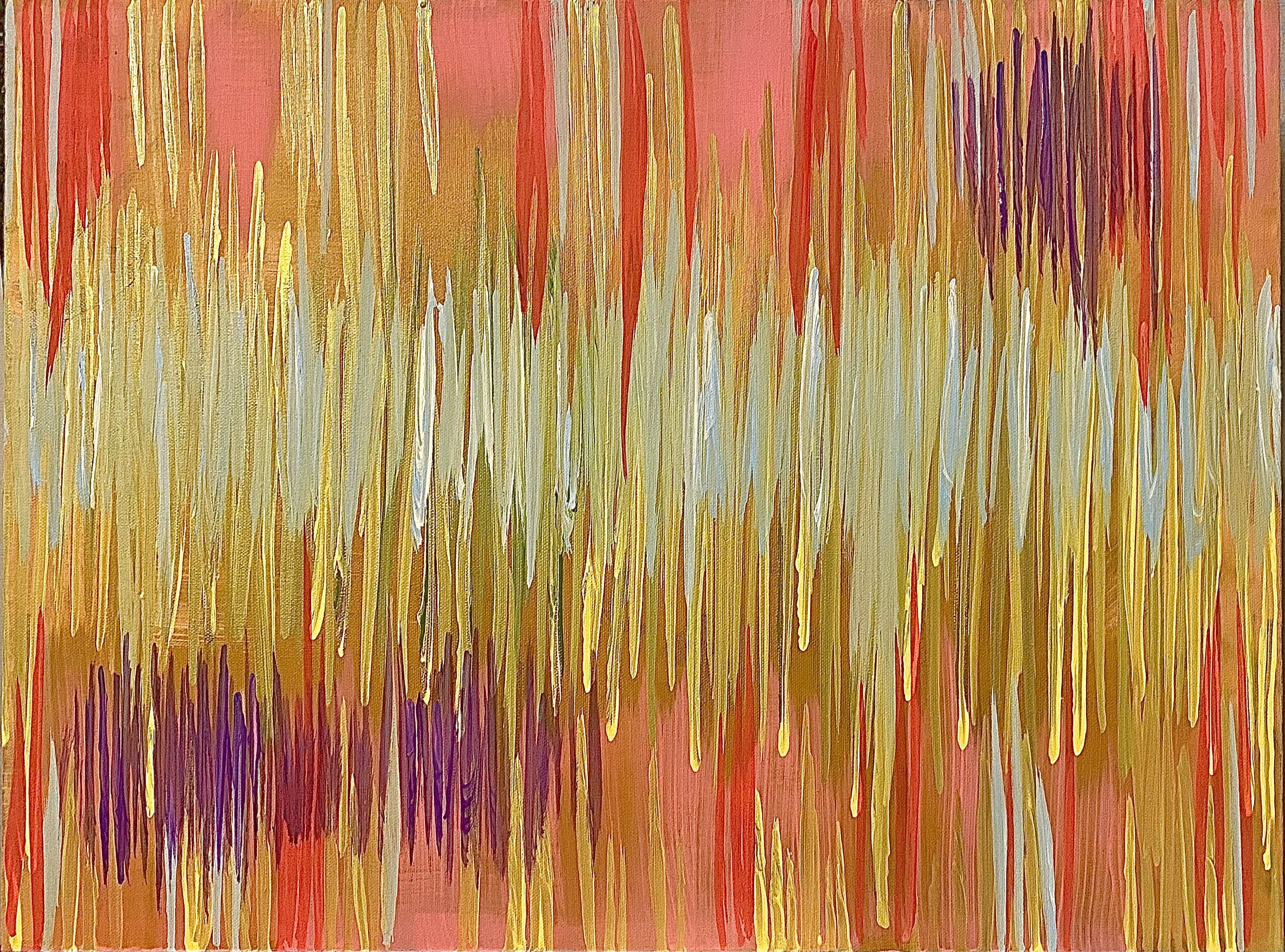The Digital Age: Reflecting on Progress and Pitfalls in Online Interaction
As I approach the age of 45, like many others, I find myself in a state of introspection regarding the course of my life. There is no denying that several aspects of life today are significantly improved compared to my adolescent years. Back then, the dramatic flair that often accompanied my youthful expressions found limited outlets for dissemination, particularly among strangers. My peers and I lacked the technological "perks" that today's youth take for granted. In retrospect, I am among those of my generation who appreciate this absence, recognizing the potential complications that such platforms can introduce.
In the contemporary era, not only do young individuals navigating the tumultuous waters of adolescence have the ability to share their innermost thoughts and feelings, but they also have at their disposal a plethora of tools to enhance their communication, including music and visual filters. This has led to an amplification of everyone's capacity to dramatize virtually any subject matter via social media. As an adult, I acknowledge my own dramatic tendencies but have strived to channel them positively. A lesson that took time to learn.
Contributing to the cacophony of gossip and self-centered grievances online is akin to contaminating a pool in which one wishes to swim—a pool, I must emphasize, that is occupied by billions of users at any given moment. How does one cleanse such a vast and polluted environment? The solution is straightforward yet challenging: cease the pollution and allow time for the waters to clear. Our collective addiction to constant connectivity hampers our ability to disconnect, even momentarily. There is a pressing need to decelerate, not to halt progress or regress, but to exercise greater mindfulness in our interactions. Social media has fostered a culture of toxic impatience, with negative consequences that seem to escalate.
The expectation for online businesses and services to rectify any issue, without users considering their own complicity in perpetuating these problems, is a notable concern. The public continues to utilize and complain about these platforms, often with little expectation of meaningful response or change. This sense of entitlement extends to collective actions and protests, where users demand accountability from platforms without acknowledging their own responsibility for the content and interactions they engage in.
Take, for example, Facebook. Its shortcomings are widely acknowledged, yet it remains ubiquitous. This paradox highlights a broader issue across all social media platforms: users expect these companies to care for their well-being without taking personal responsibility for their online behavior.
When individuals gather online without the ability or willingness to manage their thoughts and emotions constructively, there arises a need for oversight, structure, and safety protocols. However, there is a prevailing sense of entitlement that individuals should be catered to without regulation, expecting the world to adapt to them rather than fostering a mutually respectful community.
The proliferation of dramatic and unfiltered expressions online exacerbates this issue, allowing for the amplification of personal narratives irrespective of their impact on the broader digital community. While I do not claim to possess all the answers to these complex problems, I am convinced of the necessity for each individual to exercise mindful self-governance and maturity in their online conduct. We must each take responsibility for our contributions to the digital world. Recognizing this responsibility is the first step toward fostering a healthier online environment. If one cannot tolerate dissenting viewpoints or the heat of robust discourse, it may be prudent to reflect on this intolerance. The diversity of opinions and perspectives is intrinsic to the human experience, and their coexistence is essential for a dynamic and evolving society.
Stay Mindful
InteGritti


